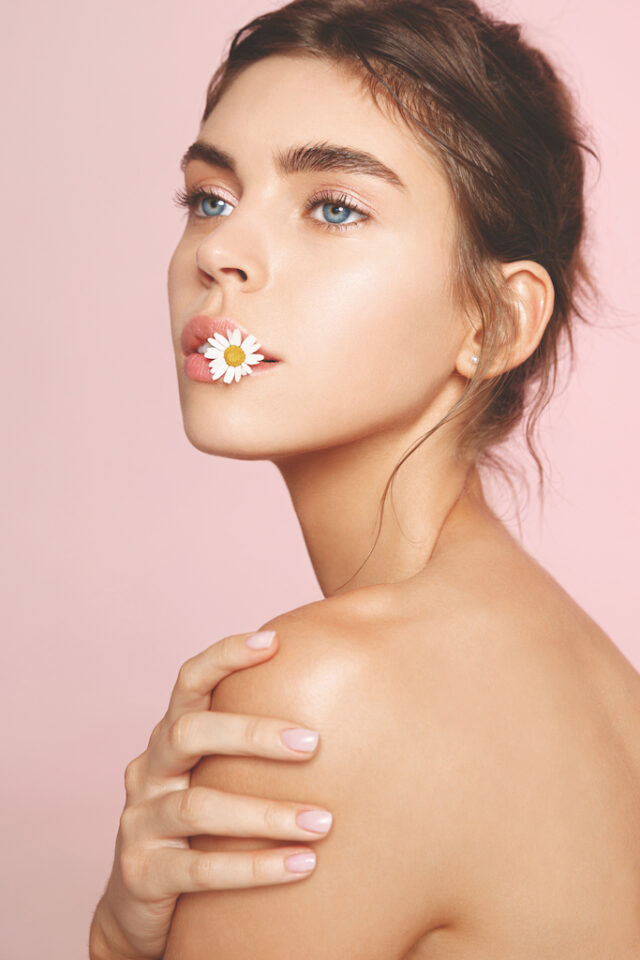
By Cristina Cuomo
Cristina Cuomo: Dr. Dendy, you are collaborating with Nutrafol, launching its new skin care supplement. You’re a board-certified dermatologic surgeon at the Shafer Clinic on Fifth Avenue. When you were in medical school at the Medical University of South Carolina, you were awarded the Humanism in Medicine Scholarship for establishing and running a free medical care clinic in Charleston and in Haiti. You are the director of dermatologic surgery at the New York Medical College. Women are impressive in their ability to accomplish so many things at once, but that takes a toll on us physically. Our cortisol levels, our stress hormones spike. What are some of your tips for maintaining whole-body, holistic health?
Dendy Engelman: What you just said is totally on point. I just came back last night from a ladies-only college reunion. The amount we juggle every day, while trying to maintain some sense of self and self-care, is astounding. I see patients who are so affected by how stress is impacting their body and their hair; I’ve had more tears shed in my office over hair loss than skin cancer diagnoses. People are desperate, and they will throw money at that problem. I love that the folks at Nutrafol have people who are really vetting the science, and holding themselves to a higher standard.
CC: The beautiful thing about Nutrafol is there are so many vitamins and nutrients. It’s whole-body health, not just for hair. A couple of questions about skin. We’re getting close to summertime. What are some ways we can prepare for it?
DE: All the things that we used to say about avoiding strong sun between 10AM and 3PM are important. Find good sunscreen formulas that you’ll use and reapply. Ingestibles are not quite there yet. Fern extract will give you an SPF bump of four to six, which is better than nothing. I wouldn’t use it solely as your sunscreen, but as an additional layer of protection. We derms all tend to like zinc and titanium sunscreens. I try to get my patients to find a mineral sunscreen that they like. It’s not the old lifeguard-with-the-white-nose look anymore. There are so many formulations that are amazing now.
CC: Studies have come out saying you can spend 15, 20 minutes unprotected, but then have to apply something.
DE: I don’t really subscribe to that theory. If we think about sun exposure over a lifetime, 15 minutes a day or several times a week really adds up when you’re 60. The goal is to really be protected all the time, and have it as part of your daily routine, like brushing your teeth.
CC: What are some ingredients to move toward?
DE: Probiotics are important, not for just gut health, but overall sense of well-being. It takes a while—three to six months in order to reset. You can create a new you, but it’s like planting tulips—they’re not going to get to the surface for several months, so you just have to trust the process.
CC: How often do you recommend screening for cancer?
DE: Once a year is a good baseline. If you have a personal history of skin cancer, if you’ve had melanoma or you’ve got a first-degree relative with a genetic skin cancer, then increase it to at least every six months. nutrafol.com





